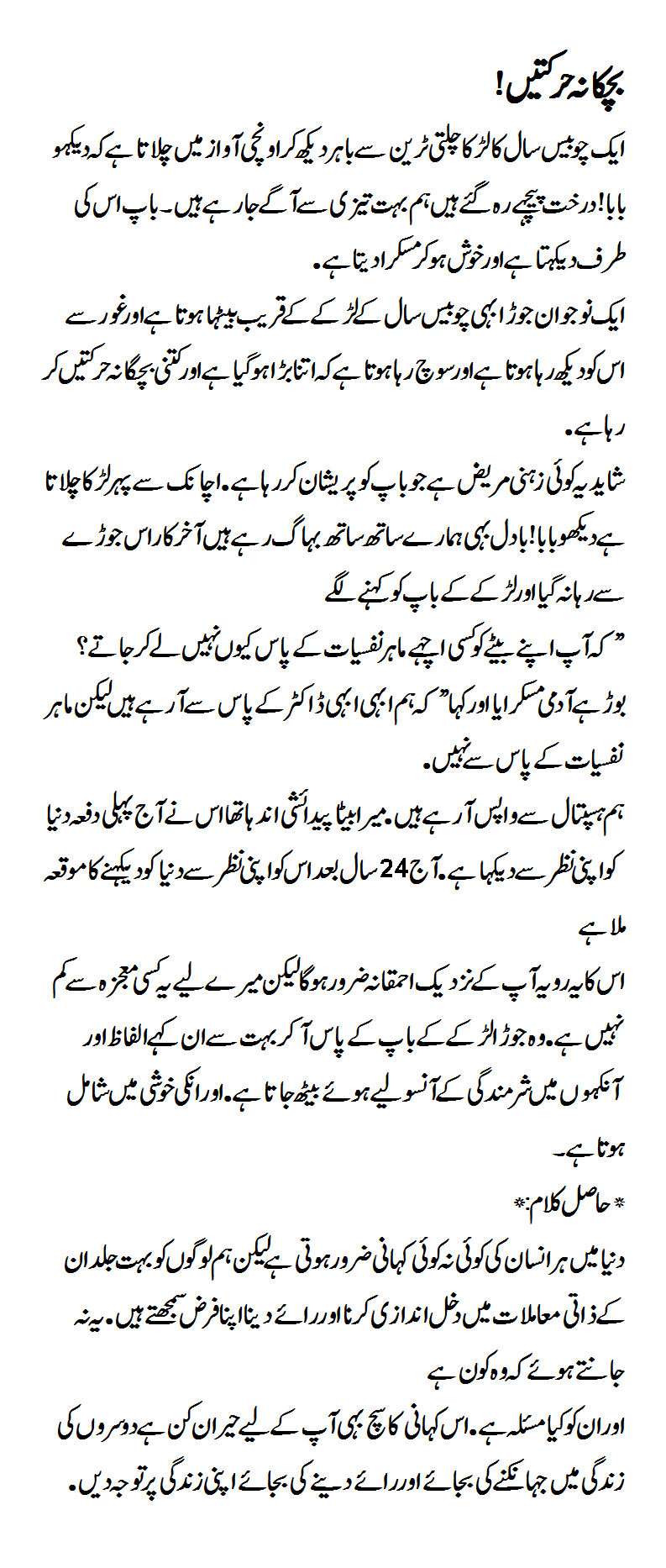While many Thais are very Westernized today and understand the international meaning associated with most cues, their pride in their cultural customs means that as a visitor, being proficient in such non-verbal communication can award you a deeper respect and acceptance among the locals with whom you interact.
Thais are receptive to the Western practice of handshaking, and will often do so to make Westerners feel more comfortable, but a tradition that has permeated into all aspects of 21st century culture is the wai.
Used when greeting one another, to say goodbye, or show respect, gratitude, or apology, the hands are placed together in prayer and raised upwards towards the face, while the head lowers in a slight bow and the eyes are lowered.
Social status is extremely engrained in the exchange of wais, and the height of the hands is typically dependent on the perceived status or respect of the person you are greeting – monks, superiors, and the elderly are greeted with hands raised to the bridge of the nose,
while younger people and subordinates may only receive a slight nod. Regardless, Thais are not overly critical of foreigners making accidental faux paus during their exchange of wais, but will appreciate the effort taken to engage in the revered local custom.
